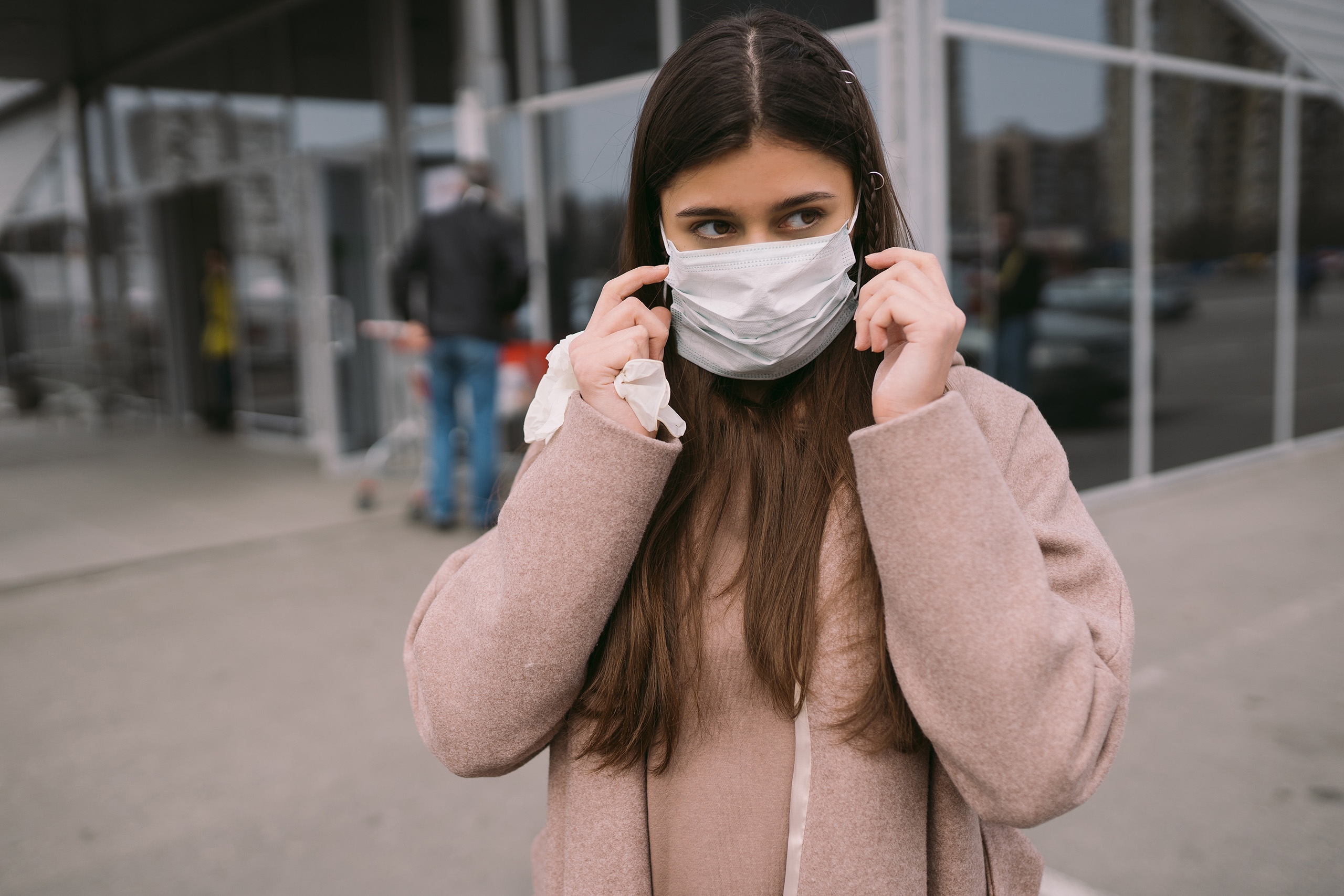
Breast Cancer: Hitting lacs of lives every year in India
Every four minutes a woman is diagnosed with breast cancer in India, according to a study conducted by Globocon 2020. What’s more is that every eight minutes, breast cancer claims a woman’s life in India. That’s roughly 90,000 lives lost to the disease in a year.
The figures are among the latest set of statistics that highlight how the number of women being diagnosed with breast cancer in India has been constantly on the rise. Over the years, breast cancer has surpassed other types of cancer to become the most prevalent one among Indian women. If experts are to be believed, India sees around 1,78,000 cases of breast cancer every year.
A global problem
Breast cancer is a growing concern not just in India but globally as well. According to WHO estimates, the disease claimed 685,000 lives in 2020, with women being the majority of its victims.
What adds to the problem is the low rates of survival. As the cancer progresses, recovery tends to become difficult. In India, post-cancer survival for women was reported to be around 60%, as compared to 80% in the US.
A common misconception about breast cancer is that it only affects women. As both women and men have breast tissue, both genders are susceptible to the medical condition. Albeit, the number of men being diagnosed with breast cancer is much lower than women. The WHO estimates that around 0.5–1% of breast cancers occur in men. It also happens to be a disease that’s found in every country of the world.
Scope of the problem
Breast cancer is a medical condition when there is abnormal and uncontrolled cell growth in the breast and it leads to the formation of tumors. If left untreated for long, these tumors can spread throughout the body and can even be fatal. While early stages of cancer might not be life-threatening, as the cancer spreads to nearby breast tissue it can create lumps or tumors. More invasive forms of cancer can spread to other organs leading to metastasis which can be life-threatening.
At the same time, there’s a lot of contention about the probable causes leading up to the disease. Doctors believe that factors like old age, obesity, excessive use of alcohol, sustained exposure to radiation, and reproductive health can increase the risk of breast cancer. However, it is not uncommon to see women develop cancer without any identifiable risk factor other than their gender and age (above 40 years of age).
According to medical experts, a family history of breast cancer can also increase the risk of developing the disease. However, as many women are often not well acquainted with their genetic history, they end up being diagnosed when the disease is at an advanced stage.
There is also a group of experts who feel lifestyle factors like a sedentary lifestyle, excessive smoking, drinking, calorific diets, exposure to pollution and chemicals, and insufficient sleep can put women younger than 40 years of age at risk of developing breast cancer. In a 2023 study conducted by the All India Institute of Medical Sciences (AIIMS)-Delhi, doctors found that 30% of the women diagnosed with breast cancer in the national capital were below the age of 40 years.
Progress made so far.
Several medical experts claim that breast cancer can occur in women at any age after they attain puberty. However, the chances of women developing breast cancer rise as they grow older. A look at the evolution of medicine shows that there was little change in breast cancer mortality between the 1930s and 1970s and surgeries were the primary mode of treatment. Things changed in the 1990s as more countries recognized the threat that the disease posed and rolled out early detection programmes. These programmes offered comprehensive medical treatment along with effective therapies.
The Union Ministry of Women and Child Development has launched several programmes to spread awareness about breast, oral and cervical cancer under the National Health Mission. These programmes are implemented with the help of frontline healthcare workers and also offere screening facilities to promote the early detection of breast cancer.
Treatment possibilities
Breast cancer is commonly treated through a combination of procedures like radiation, oncology, and medical oncology. However, the treatment options also depend on the age and health of the patient, their genetic history, the stage and type of the cancer, and the stage of the tumor, among others. The most common types of treatments that are combined include:
- Surgeries to remove tumors.
- Radiation therapy to lower the risk of remission of cancer
- Medicines that kill cancer cells and stop them from spreading. These medications include chemotherapy, hormonal therapies, and targeted biological therapies.
Symptoms you should be looking out for
The thing with breast cancer treatments is that they are likely to be more effective if they are taken at an early stage. The earlier the cancer is detected, the higher the chances of you being able to beat it. To detect cancer early, medical experts recommend women perform a simple breast self-examination every month to spot any irregular lumps or thickening. During these self-examinations, here are five warning signs that you shouldn’t ignore:
- Any lumps in the breast or armpits
- Any swelling or thickening
- Irritation of skin
- Flaky skin
- An unusual pain or pulling sensation.
Though there are vaccines available for treating and preventing other kinds of cancers, scientists are yet to make such progress with breast cancer.
Preventive Care to combat the disease.
Prevention is always better than cure. There’s ample research that highlights how rapid diagnosis is linked to effective cancer treatments. Rather than staying ignorant, start by educating yourself about breast cancer. The more educated you are about the disease, the more equipped you will be to fight it. Modern medicine makes it possible to cure cancer and the chances of survival go up if it is detected earlier. Remember by taking out just 30 minutes for a breast self-examination every month, you are adding years to your life.
If you are above the age of 40, it’s time to take better care of your health. Being more mindful about the food you’re eating, the way you are exercising, and prioritizing your preventive health check-up can go a long way to keep you healthy.





